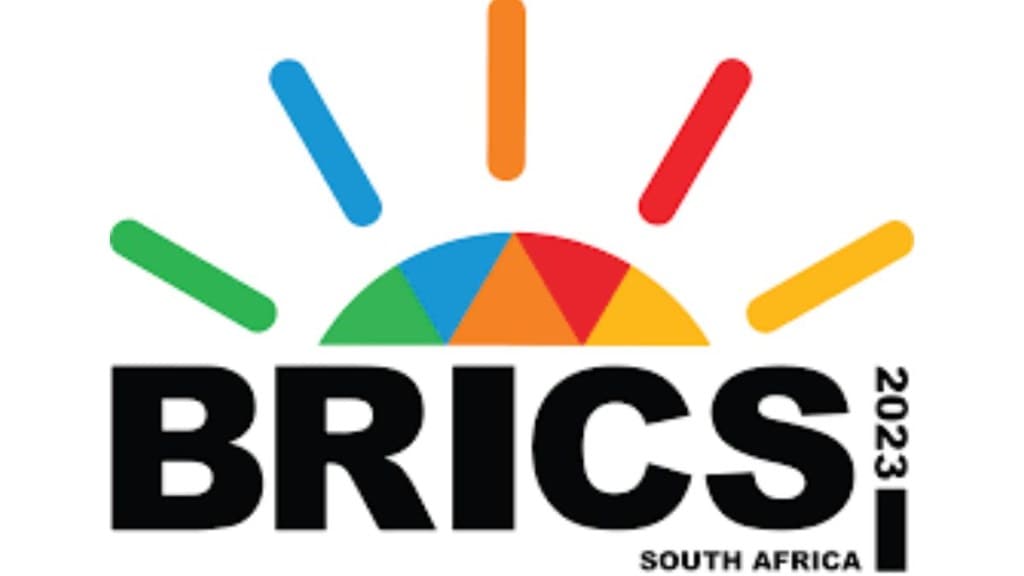BRICS nations united on Thursday to advocate for the active engagement of multilateral financial institutions and international organizations in constructing a global consensus on economic policies. This unified front aims to curtail systemic risks of economic disruption and financial fragmentation that could threaten worldwide stability.
The bloc further emphasized the importance of Multilateral Development Banks (MDBs) taking up the mantle of the G20 Independent Review Report’s recommendations. These recommendations, aligned with MDBs’ governance frameworks, are voluntary in nature and focus on bolstering lending capabilities. The goal is to augment these institutions’ lending capacities while maintaining their enduring financial stability, resilient creditor rating, and privileged creditor status.
These critical declarations were in the Johannesburg Declaration, adopted by the members at the end of the intensive three-day BRIC summit. This communiqué was prompted by the acknowledgment that the post-pandemic global recovery has been uneven, exacerbating global inequality. The world faces weakened growth momentum, marked by trade fragmentation, prolonged high inflation, tightened global financial conditions, including the surge in interest rates within advanced economies, geopolitical tensions, and escalating debt vulnerabilities.
BRICS nations unitedly underscored the indispensability of multilateral cooperation to quell the perilous repercussions arising from geopolitical and geoeconomic fragmentation. The focus is on concerted endeavours in areas of mutual concern such as trade, poverty alleviation, and sustainable development, inclusive access to essential resources like energy, water, food, fuel, and fertilizers. Moreover, the coalition emphasizes tackling climate change’s impact, enhancing education and healthcare, and fortifying pandemic prevention and response strategies.
Recognizing that excessive debt levels impede addressing ongoing developmental challenges, especially in light of external shocks, the declaration voiced the urgency of addressing the international debt scenario. An instrument to address this is the coherent and coordinated application of the G20 Common Framework for Debt Treatment. The participation of official bilateral creditors, private creditors, and Multilateral Development Banks is deemed necessary, guided by the principles of collective action and equitable burden-sharing.
A collective reiteration of G20’s significance echoes throughout the document. The G20 is deemed the paramount multilateral forum for international economic and financial collaboration. It bridges the gap between developed and emerging markets, fostering collaboration between major economies in tackling global challenges.
Anticipating the 18th G20 summit hosted in New Delhi under the Indian G20 presidency, the declaration extended a vote of confidence. India, Brazil, and South Africa’s G20 presidencies from 2023 to 2025 hold the promise of sustained momentum for transformative change. The document pledged support for continuity and collaboration in their respective presidencies, cementing a commitment to amplify the global South’s voice in the G20 agenda.
